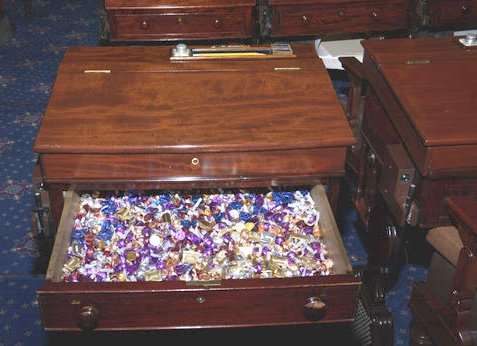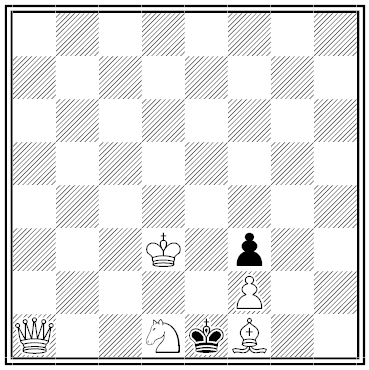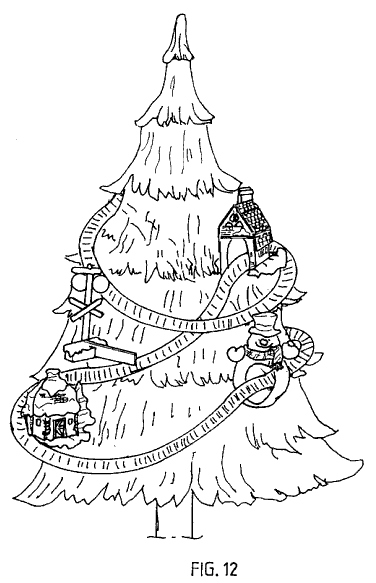
Benjamin Franklin once wrote, “I have sometimes almost wished it had been my destiny to have been born two or three centuries hence.” In one ingenious way he managed to touch the 20th century directly.
In 1785, French mathematician Charles-Joseph Mathon de la Cour wrote a parody of Poor Richard’s Almanac in which the idealistic main character deposits a small amount of money to collect interest over several centuries, enabling him to fund valuable projects after his death. Franklin, who was 79 years old, thanked him for the idea and bequeathed £1,000 each to the cities of Boston and Philadelphia, stipulating that it gather interest for 200 years. When it came due in 1990, the Philadelphia fund had accumulated $2 million, which the city spent on scholarships for local high school students. The Boston trust amassed nearly $5 million, which went to establish the Benjamin Franklin Institute of Technology.
“What astonished me in reading his will was how much energy, intelligence and vigor came through after 200 years,” lawyer Gerard J. St. John, who oversaw the distribution of the Philadelphia funds, told the Philadelphia Inquirer. “I began to have a greater appreciation for Franklin’s place in history.”





